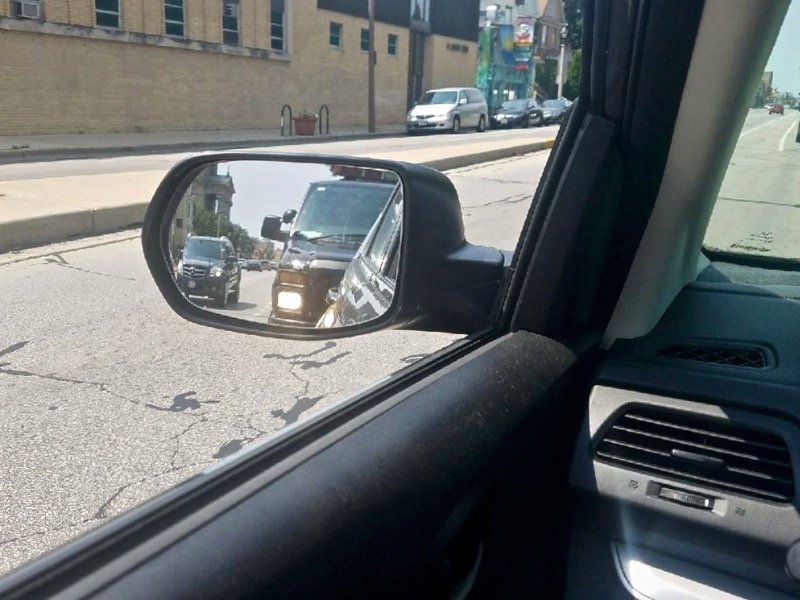Inconsistency.
When looking at the films that come out of Hollywood, or the programming on the small screen, parents are given ratings to help them decide if the content is appropriate for their children.
As far as ratings go, in my opinion, they have been focusing on language and sexuality, but are far too inconsistent on violence.
And in an effort to "shock and awe" the largest audience possible, producers and directors have to use greater explosions, doing greater damage to people to please the audience – which has fewer entertainment dollars these days.
When I worked on advertising and marketing efforts for clients, there was a term we would use when the project would grow beyond its original scope. The client would seek more deliverables than originally estimated for. Sometimes, it would go the other way, and while working on something the artists and programmers would decide it needs more to be a complete project.
Either way, as one tries to manage a project, we do our best to fight the creep.
In movies and TV shows, we’ve seen a violence creep.
Tim Winter, president of the Parents Television Council called it "ratings creep" when he was interviewed by the Christian Science Monitor.
"Any information that is accurate is good for parents," Winter said, noting the proposed ratings changed moved forward by the Motion Picture Association of America.
Earlier this week at a convention of movie theater owners in Las Vegas, the MPAA announced the launch of a new initiative it is calling "Check the Box." The plan is to give parents more information as to why a film received a rating of PG or higher. We kind of have this format for television shows when a smaller "L" may be used to warn of foul language, or "V" for violence.
The MPAA plans to highlight those smaller designators a little larger, so parents can make informed decisions about what they let their children consume.
Like many critics that bashed this move, I too am skeptical how well this will work. I’m comfortable with saying, that on the surface, it is a good idea. However, it makes a pair of assumptions:
First, it is counting on legal guardians to take a proactive role in the lives of their children. While I do believe that most parents do this, I’m not ignorant to the fact of the many in our society that don’t. Stronger families make stronger communities. If the family isn’t functioning well, a ratings system isn’t going to help matters.
Second, we live in a violent world. The bombings in Boston reminded us how vulnerable we truly are to violence within our communities. I’m not ignorant to the violence that children are exposed to on a daily basis either, when they experience even verbal and sometimes physical abuse in their homes, on their playgrounds and in their neighborhoods.
Sometimes the storytelling on the big and small screens takes us to a place in which we actually live, where violence surrounds us. Sometimes filmmakers can do better, and tell better stories where people come together and overcome the hardships. The ratings will tell us, a little, of what’s in the film. But if the violence we see on a normal basis increases, we can bet we will see more of it in a PG-rated program.
REPORTING: At 9 a.m. on Saturday, Fox News will present a live edition of the "Cost of Freedom" with a look at the Boston Marathon bombing. Neil Cavuto will reflect on the day and examine its impact on the area community and further out, including the stock market and the economy.
Media is bombarding us everywhere.
Instead of sheltering his brain from the onslaught, Steve embraces the news stories, entertainment, billboards, blogs, talk shows and everything in between.
The former writer, editor and producer in TV, radio, Web and newspapers, will be talking about what media does in our community and how it shapes who we are and what we do.







